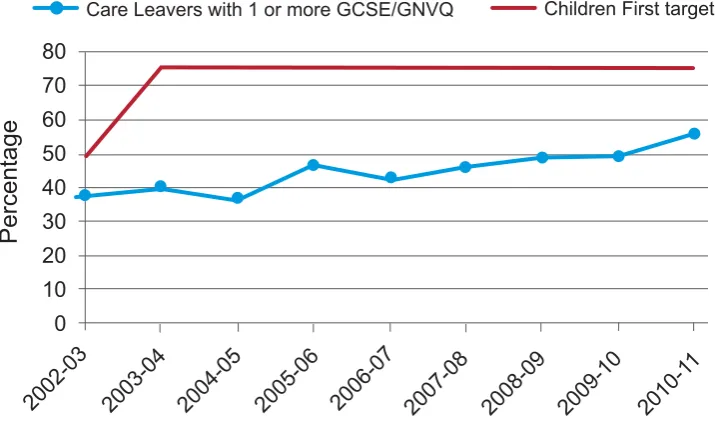The educational attainment of looked after children and young people
Full text
Figure




Outline
Related documents
Many, if not most, mould problems occur during or immediately after construction. A contractor should not close in any areas that are not appropriately dried or are likely to
The regulation of HMGB1 release or the neutralization of extracellular HMGB1 produces beneficial effects on brain injuries induced by ischemia, hemorrhage, trauma, epilepsy,
In this paper, investigation, design and control of a nonlinear Maglev train based on NARMA-L2, model reference and predictive controllers.. The response of the Maglev
Lingcod (by hook or line) Sablefish (Black Cod) Chinook Salmon Pacific Halibut Coho Salmon Shrimp (by trawl) Sockeye Salmon Pacific Cod Dover Sole English Sole.. Lingcod (by trawl)
Dr Gardiner has written over 70 journal articles and conference papers, and publishes on project management in a number of top quality journals including, International Journal
The feedback received in South Sudan on the relevance, appropriateness and effectiveness of the coordination efforts of the Logistics Cluster was beyond positive. The most
Through narrative analysis what student experiences stood out as they were introduced to multiple perspectives that include scientist-practitioner, critical theory,
Jenkins is Professor of Counseling and Director of the MA in Addiction Counseling program in the Department of Counselor Education and Family Studies at Liberty University. With

